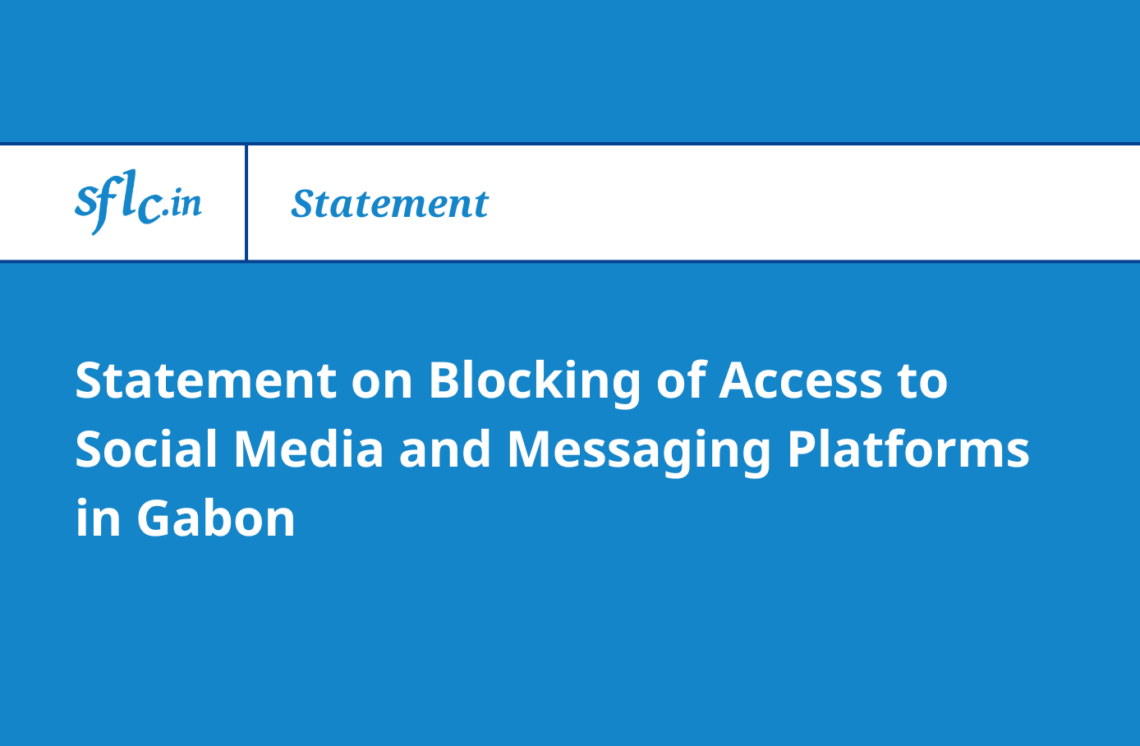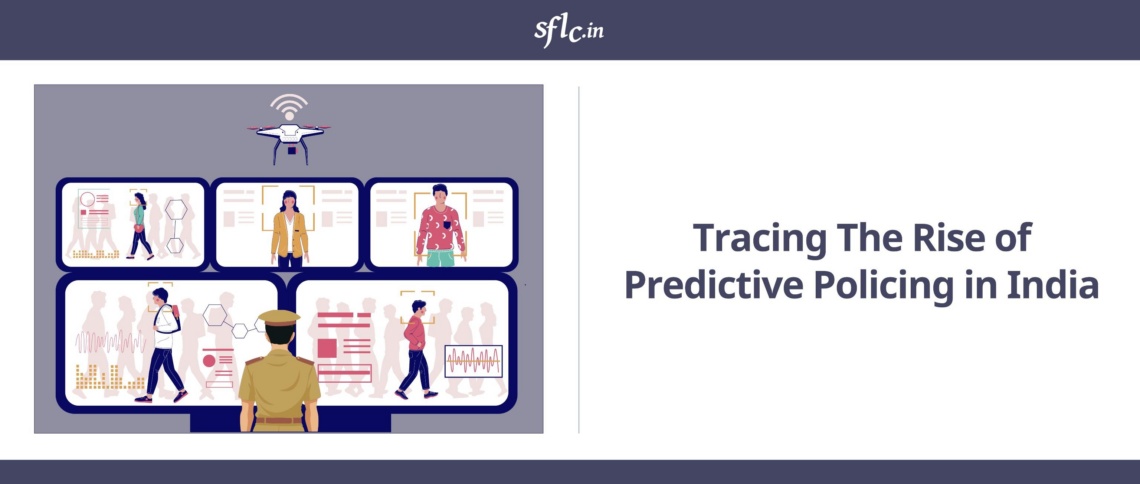A petition filed by Indore-based lawyer Kamlesh Vaswani seeking to restrict India’s access to pornographic content on the Internet was heard by the Supreme Court of India on Friday, 29th August, 2014. SFLC.in was also present at the hearing.
The petition, which we had examined in detail in an earlier blog-post, argues that the Internet allows access to extremely graphic, violent and brutal forms of pornography that greatly harm contemporary Indian society and its mores. To remedy the situation, the petition prays that existing ineffective provisions of the Information Technology Act, 2000 (IT Act) be declared ultra vires of the Constitution, and a separate legislation, National Policy and draft action plan be formulated. More importantly, the petition calls for the treatment of watching/sharing pornographic videos as non-bailable cognizable offences.
In what was its 12th listing before the Supreme Court on Friday, the petition was heard by a three-judge bench comprising the Hon’ble Chief Justice of India Rajendra Mal Lodha, Hon’ble Justice Kurian Joseph, and Hon’ble Justice Rohinton Fali Nariman.
To highlight the pragmatic feasibility of restricting access to Internet porn en masse, counsel Vijay Panjwani, who appeared on behalf of the petitioner, pointed to Chinese and English jurisdictions, where access to Internet porn is restricted in varying degrees of severity. However, the Court stated in response that one must refrain from making such extra-jurisdictional comparisons when evaluating the feasibility of legislative and administrative action in India. The Court also expressed wonderment at the petitioner’s prayer to declare provisions of the IT Act as unconstitutional, and reminded the petitioner that unless a given statutory framework is either violative of constitutional mandates or ineffective, the Court is not at liberty to direct statutory reform.
Additional Solicitor General L Nageswara Rao, appearing on behalf of the Government, reiterated the practical difficulties involved in bulk-blockage of Internet porn. He argued that even if access to all existing pornographic websites were to be blocked, nothing would prevent a plethora of new ones from taking their place. Further, the host-servers of most pornographic websites reside outside India’s jurisdictional limits, and the Government has no locus standi when it comes to regulation of content uploaded to these servers. The ASG then informed the Court that the Cyber Regulations Advisory Committee (CRAC), which has been constituted under Section 88 of the IT Act, is presently looking into the matter, and requested that the CRAC’s recommendations be awaited.
The Court, while recognizing the Internet’s potential to corrupt young minds, sympathized with the ASG’s submissions and observed that regulation of on-line content is bound to be riddled with practical difficulties. In an ideal world, the law would be faster than technology and would pre-empt legislative changes made necessary by a rapidly evolving technological landscape. However, due to humanity’s thirst for innovation, this is rarely the case. Conceding that the issue at hand is indeed very complex, the Court directed the Government to place the present petition before the CRAC so that issues placed before the court may be objectively assessed, and necessary recommendations made.
Mr. Vaswani’s petition will now be taken up by the Supreme Court after six weeks.



